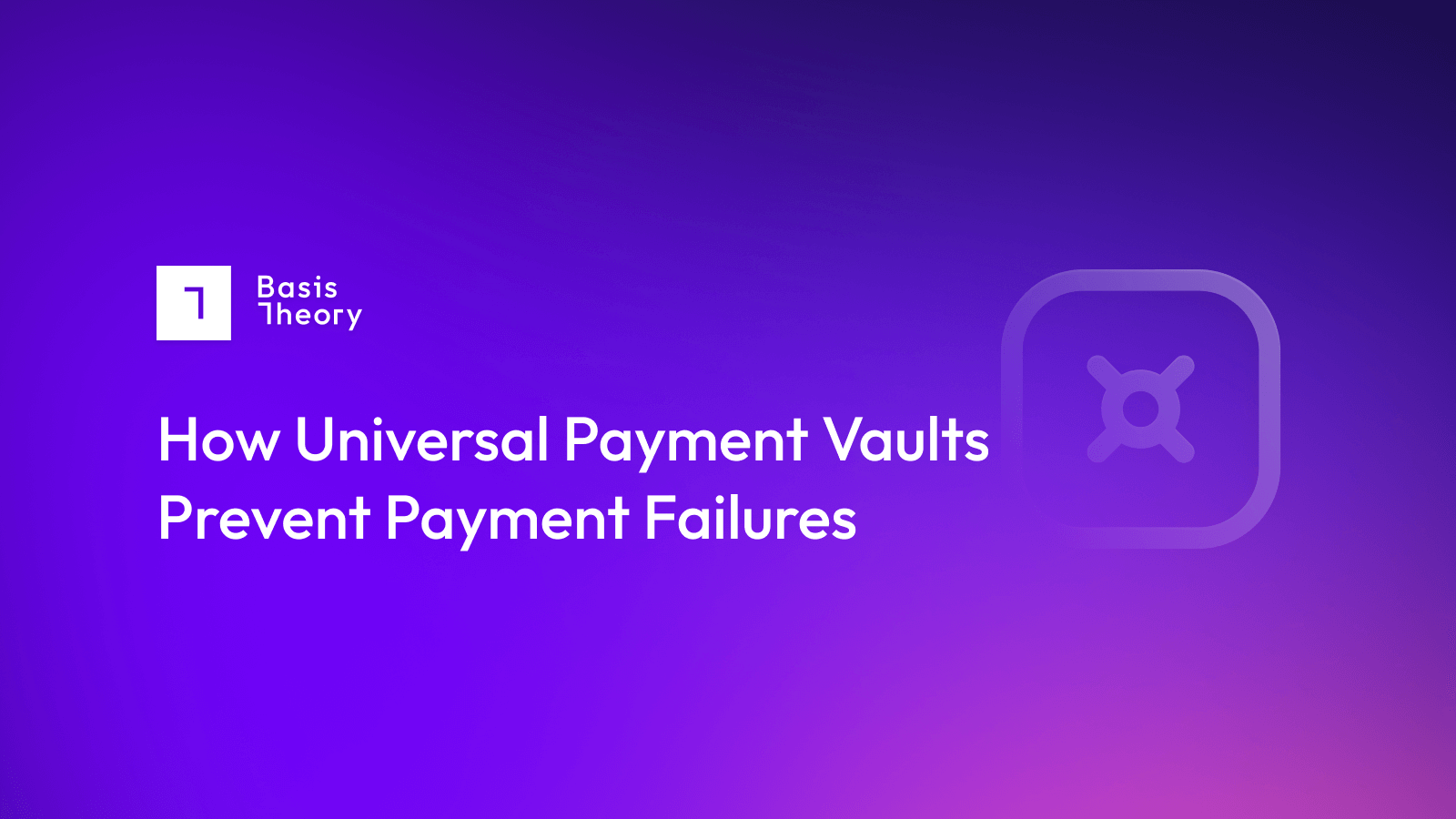Subscription Payments in the EU and UK are Complex Moneymakers

Since Zuora coined the term ‘subscription economy’ in 2007, the volume of recurring payments has exploded. Even the largest packaged software companies, which originally resisted the shift away from perpetual-use licenses have now adopted the approach of charging monthly fees on a perpetual basis.
As with so many online endeavors, however, there is broad variability in the rules and processes across different countries. Merchants must remain abreast of the latest shifts in perspective.
In 2024, card payments in the UK surpassed GBP1 trillion for the first time, with the space being traditionally dominated by debit cards. Meanwhile, according to Barclays Bank, subscription growth since 2020 has grown at a rapid pace of 47.5%. While there has been a slight decline in the pace of growth, there is no indication that subscriptions are in any danger of slowing down any time soon.
Meanwhile, the subscription economy in the EU has increased threefold since 2017, and 77% of Europeans are reported to have made online purchases in the last year. Widely shared estimates put the likely growth of subscriptions in Europe at a whopping 17.5% CAGR between 2024 and 2032.
All of which is to say: subscription payments have arrived, built a firm foundation, and are here to stay across the EU and UK.
What complicates subscription payments in the UK and EU?
The broader European market, including the whole continent and British Isles, is highly connected and can be physically traversed quickly and easily, with far fewer currencies to manage than even twenty years ago (a full twenty countries now use the Euro as their currency, simplifying cross-border transactions and treasury operations). The most mundane elements of trans-national commerce are easier than they have ever been—marketing and delivering goods and services—but alongside them are a collection of knotty challenges, including:
- Regulations: To provide a fair and level playing field, Europe, particularly the EU, is heavily regulated compared to the United States. Banking regulations like PSD2 and SEPA, as well as privacy regulations like GDPR, can add complexity to doing business in the region, with national variations and additions (such as those managed by the FCA in the UK) adding unexpected wrinkles along the way.
- Consumer Preferences: Consumers in different nations like to operate in slightly different ways. For instance, the British prefer to settle recurring payments via direct debit, while card payments are the choice of many Germans; Spanish nationals are increasingly partial to digital wallets. For all the similarities between these consumers, they are by no means a homogeneous group.
- Currency Management: Despite the broad acceptance of the Euro across the region, there remain plenty of countries that retain their own distinct currency. Beyond the British Pound, merchants must handle a variety of others, including the Swiss Franc, Danish krone, and Swedish krona. This must be carefully managed, especially when deciding whether to price regular recurring payments on a specified quantity of the local currency or on the converted equivalent from a base currency.
The takeaway here is that, despite the advancements made in smoothing out the path of commerce across the continent, a one-size-fits-all approach is unlikely to achieve maximum success with subscription payments in the UK and EU.
What Subscription Payments in the UK & EU Require
Given the complexities of managing the different regulatory requirements, currencies, and consumer preferences mean that merchants really have no choice but to invest in multi-processor payments systems. Although it is theoretically possible to use a single, full-service PSP to deliver the service needed to satisfy these challenges, both the cost and lack of flexibility is disqualifying for merchants of any reasonable volume. It is no surprise, then, that 60% of European merchants already contract with more than one payment provider.
This allows them to:
- Keep as much of their transaction volume as possible within the country of the consumer, eliminating cross-border fees, and avoiding running afoul of data privacy regulations.
- Keep currency local to their consumers until conversion rates are favorable - likely engaging a treasury department to plan and manage their conversion risks and opportunities
- Offer all the payment methods that consumers prefer. Failing to offer the right options can have a negative impact on customers’ willingness to purchase, as it introduces friction into the process and can stand in the way of ‘traditionally unbanked’ individuals buying.
- Manage their processing fees, arbitraging the rate cards of all their PSP partners for each transaction, optimizing the bottom line by collecting as large a portion of their revenue as possible.
Multi-Processor Payment Systems Start with Tokenization
In light of the many complexities merchants have to manage in order to meet nations’ regulations, especially around data privacy, and the need to deliver a security environment strong enough to meet the strictures of PCI-DSS, many merchants start their payment system architecture with a programmable payments vault. The vault collects and holds customer data, including PII and other key information, such as cardholder data, and provides the merchant with an uncrackable token.
The merchant uses that token to instruct the vault to execute transactions, from the first payment to each regular subscription charge.
Because the vault holds the customer’s information, the merchant can hand off a large share of the onus of maintaining PCI-DSS compliance and avoid holding sensitive data in their own systems. At the same time, the merchant retains ownership of access to that data, meaning they can opt to add to, or reduce, their stable of PSP partners as needed, without losing the ability to continue their ability to use stored customer information.
A programmable payments vault enables quicker and easier launch, development, and maintenance of a multi-processor payments system for any merchant, while reducing security overhead. The successful implementation of a token vault streamlines the process of utilizing PSP partners in the right locations, provides the appropriate alternative payment methods and currencies, and facilitates arbitrage processing rate cards to optimize revenues.
.png?width=365&height=122&name=BTLogo%20(1).png)



